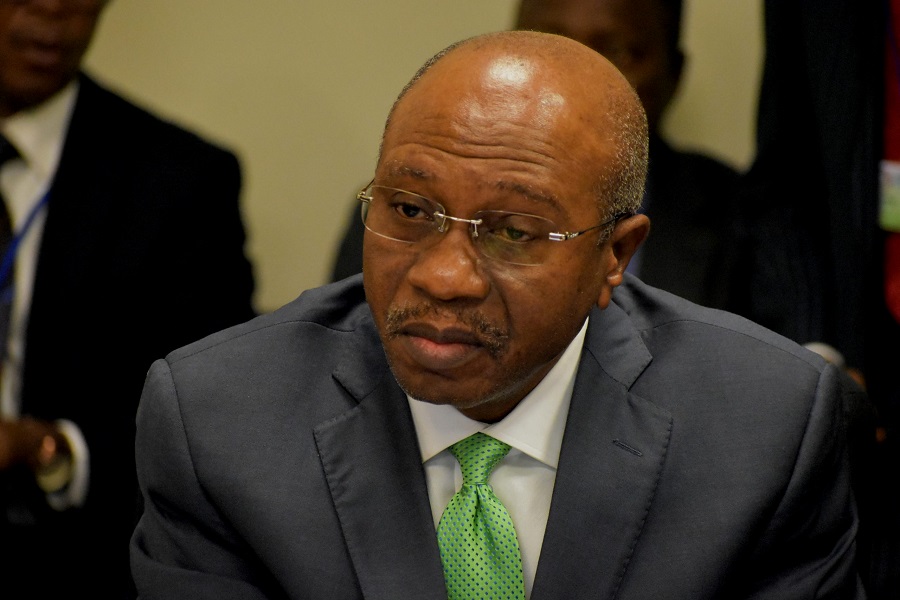Business
Reactions Trail CBN’s Decision To Redesign Naira

Stakeholders in the Nigerian economy, including the Civil Society advocacy group, have reacted to the plan by the Central Bank of Nigeria (CBN) to redesign the Naira.
They stated that the CBN’s plan to redesign 200, 500 and 1,000 naira notes is not an economic priority for the country as at the moment, considering the current challenges facing the economy.
A Public Affairs analyst, Mr Tomkiri Bestman, in reaction to the plan, noted that it was targeted to mop-up exceess cash and fake currencies in the system.
Speaking in an interview at the Port Harcourt International Airport, Bestman noted that the redesigning of the naira was long over due, saying that it was over 20 years the last time naira was redesigned.
“This was supposed to be done every five years, but it has taken a longtime now. The implication is that so much cash will be withdrawn from circulation, and will be held up with the Central Bank, and many that have built dump in their homes where they kept billions of naira will not have it easy.
“I think this will affect the politicians more, especially those that have stolen our money. Don’t be surprised that very soon, you will be hearing how money is being dumped here and there, if the CBN will do their thorough job”, he said.
Meanwhile, the Executive Director, Civil Society Legislative Advocacy Center (CISLAC), Auwal Musa, said the redesigning of the naira is not the priority of Nigeria’s economy at the moment.
Musa, who disclosed this in a statement made available to The Tide, noted that there are more pressing needs that the CBN ought to attend to, to set the economy on the path of revival.
He stated that Nigerians’ reactions to the announcement was proof that the decision was a misplaced priority on the part of the CBN.
According to him, the CBN should be more concerned with protecting foreign exchange reserves from external outflows and making forex available to the ordinary citizens who genuinely and legitimately need it, adding that the huge blow to foreign direct investment was tantamount to the inability of the CBN to do its job effectively
”Firstly, the CBN’s decision to redesign and reissue new 200, 500 and 1000 notes is not an economic priority and barely a solution to addressing Nigeria’s poor monetary policy challenges and growing economic woes.
“Especially at a time when the country is grappling with huge fiscal deficits, a free fall of the naira, soaring inflation rates, multiple forex rates and rising borrowing costs.
“The reasons for this decision seem no different from those given for the forex demand management strategy which resulted in a non-satisfactory conclusion as the artificially low exchange rate failed to be as reflective of the market as possible to improve supply, but this time it only threatens damning economic consequences for Nigerians.
“The public perception that this decision holds no value proposition for the economy reiterates the tendency of the CBN to be distracted from fulfilling priority statutory obligations.
“Various comments and responses from concerned Nigerians show that a large number of Nigerians are worried about the misplacement of priorities of the apex bank to make such a decision that comes with possibly huge logistics costs and avoidable dislocations to small businesses, most of which are in the informal sector”, he stated.
The CISLAC boss also agreed that CBN’s macro-economic policies had brought nothing but ‘untold hardship’ on the country’s economy, consequently affecting Nigerians negatively.
By: Corlins Walter
Business
PENGASSAN Tasks Multinationals On Workers’ Salary Increase

Business
SEC Unveils Digital Regulatory Hub To Boost Oversight Across Financial Markets

Business
NAFDAC Decries Circulation Of Prohibited Food Items In markets …….Orders Vendors’ Immediate Cessation Of Dealings With Products

Importers, market traders, and supermarket operators have therefore, been directed to immediately cease all dealings in these items and to notify their supply chain partners to halt transactions involving prohibited products.
The agency emphasized that failure to comply will attract strict enforcement measures, including seizure and destruction of goods, suspension or revocation of operational licences, and prosecution under relevant laws.
The statement said “The National Agency for Food and Drug Administration and Control (NAFDAC) has raised an alarm over the growing incidence of smuggling, sale, and distribution of regulated food products such as pasta, noodles, sugar, and tomato paste currently found in markets across the country.
“These products are expressly listed on the Federal Government’s Customs Prohibition List and are not permitted for importation”.
NAFDAC also called on other government bodies, including the Nigeria Customs Service, Nigeria Immigration Service(NIS) Standards Organisation of Nigeria (SON), Nigerian Ports Authority (NPA), Nigerian Maritime Administration and Safety Agency (NIMASA), Nigeria Shippers Council, and the Nigeria Agricultural Quarantine Service (NAQS), to collaborate in enforcing the ban on these unsafe products.







